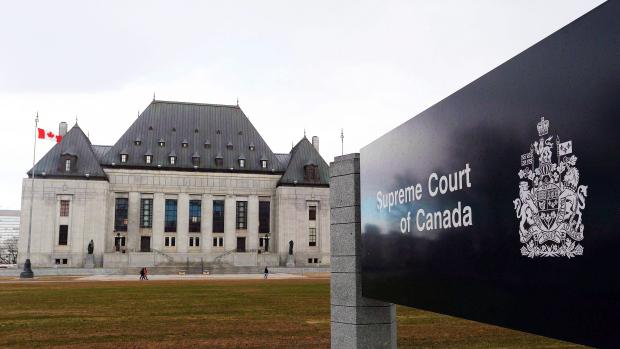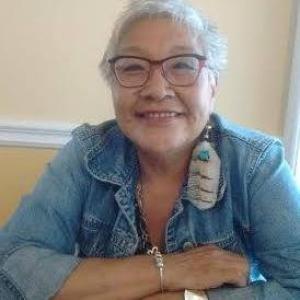|
Destroy 'highly personal' residential school records, NTI says
CBC News
Inuit are opposed to the federal government's position in the Supreme Court case which will decide whether to preserve or destroy "highly personal" accounts of residential school survivors. The Government of Canada is arguing that the Federal Access and Privacy legislation mandates these records be preserved in national archives. Nunavut Tunngavik Incorporated, which speaks for Inuit in Canada, says all Independent Assessment Process records should be destroyed, unless an individual survivor opts for theirs to be kept. The Supreme Court started hearing arguments in the case on Thursday. "The main issue is whether the 30,000 highly personal and descriptive, psychological, physical, and sexual abuse records by residential school survivors will be destroyed or not," NTI's Bruce Oviluk said. He says the nature of small Northern communities means, even if names were redacted, making these stories public could expose Inuit residential school survivors. Oviliuk says the Inuit position is shared with Chief Adjudicator of the Independent Assessment Process, the Assembly of First Nations and the Catholic Church. The Independent Assessment Process records were collected to determine the amount of compensation claimants would receive per the Indian Residential Schools Settlement Agreement. These, sometimes graphic, testimonies were collected with the promise of confidentiality. They included medical and financial accounting and other information relating to survivors' experience in residential schools and the consequences of those experiences in the years after. "Some people absolutely want to share their stories as part of the historical record, and I think that a large percentage want them never to be shared," Oviliuk said. Rosemarie Kuptana is a plaintiff in the case and an Inuk who says she wants the records destroyed. She says that no other Canadians have to consider having all that personal information made public. "There was a very public process, which was the Truth and Reconciliation Commission, and many people had the opportunity to tell their own stories there, so I see very little excuse for the federal government to be in the possession of these documents," she said. She says the Independent Assessment Process was independent of the federal government and therefore she does not agree with the government argument that the documents fall under federal access laws. Oviluk says a decision is not expected for months, but when it is it will be final. "The Supreme Court has shown progressive decisions towards Indigenous peoples in the last couple years, so we're hopeful," he said. "But only time will tell."
|
.
Any original material on these pages is copyright © BishopAccountability.org 2004. Reproduce freely with attribution.

